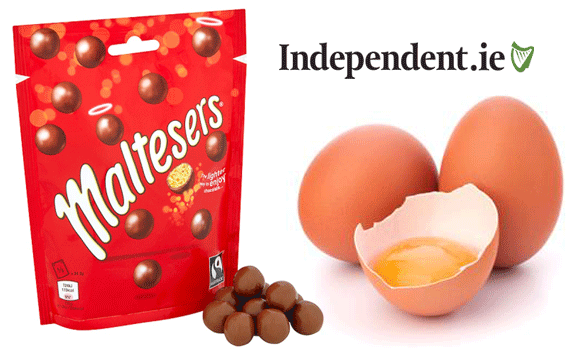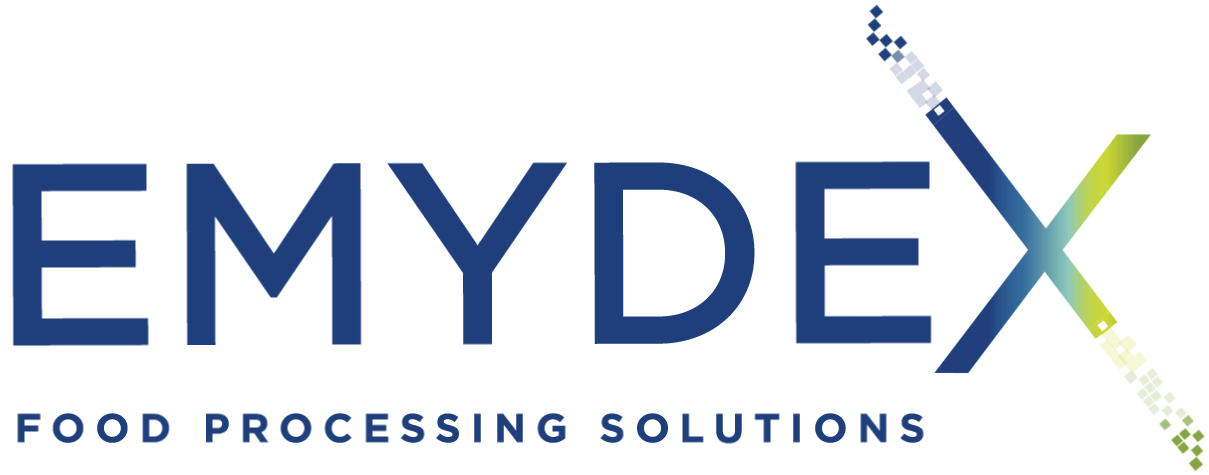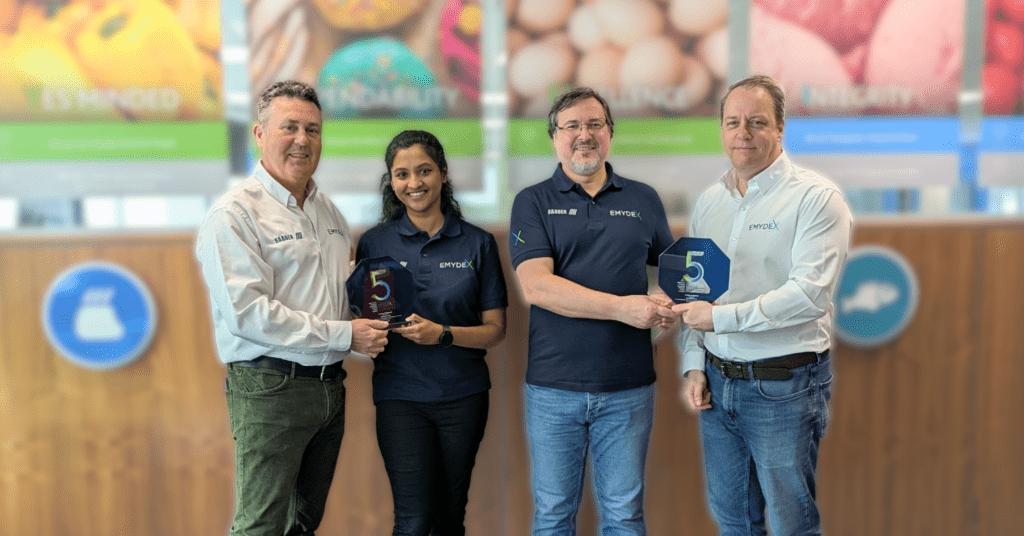
From salmonella in Maltesers to insecticide in eggs: how the food industry should handle contamination.
Businesses, regardless of size, should be responsible for their individual link in the food supply chain, so that product contamination can be recognised and dealt with effectively.
According to product liability barrister at a leading London law firm, scares such as the salmonella in Maltesers to eggs contaminated with insecticide are “nightmare scenarios” for the firms involved.
“As consumers, we have a right to assume that the things we buy on the shelves should be safe,” Alistair Mackenzie from Chambers 2 Temple Gardens said.
Food safety regulation is aimed at keeping consumers safe, he added, and to ensure there is no incentive for the industry to hide any issues that it discovers.
Often the law imposes penalties on a wide range of people involved in a contamination case, including those involved at any stage in the food arriving with the final consumer.
“In terms of keeping track of products, monitoring Maltesers products and eggs varies quite a bit, but the responsibility still remains,” said Mr Mackenzie.
“The key has got to be in meticulous record keeping. And making sure that the person you’re sending it on to is also keeping track.”
Mr Mackenzie held up the example of the scares with Mars and eggs as almost polar opposites in the way contamination cases should be handled.
“When Mars first recognised that there might be a salmonella problem, they put their hand up, as the law requires. This is a good example of what should be done; the affected products were clearly indicated and the contaminated was very heavily publicised,” he said.
Comparing this example with the news that eggs were contaminated with insecticide, Mr Mackenzie believes that Mars handled the media effectively and in a transparent way.
“With the eggs, it looks like there has been an attempt to play it down. And the number of eggs that were believed to have entered the UK rose from 21,000 to 700,000 in just one week,” he said.
“Granted, it’s more difficult to have any coordinated strategy in terms of tracking eggs. But more people are worried about the contamination of eggs than Mars products. You should be able to trace an egg from a consumer’s hand back to the chicken it came from.”
According to the Food Safety Authority of Ireland (FSAI), under national and EU food rules, all food business have to keep traceability information – ‘one step forward and one step back’, i.e. records of from whom they received foods or food ingredients and (except in the case of retail sales) to whom it was supplied. And this information has to be supplied to the authorities on demand.
“The ability to trace and track products and ingredients is particularly important when food is unfit or unsafe and has to be withdrawn or recalled from the market. The more detailed the traceability information kept, the narrower any recall or withdrawal will be,” a statement from the authority read.
“The FSAI deals with over 500 food incidents per year and overall our experience is that food businesses co-operate with withdrawals and recalls and provide the necessary detailed traceability information when asked or required to do so.”
Article written by Louise Kelly, Independent.










